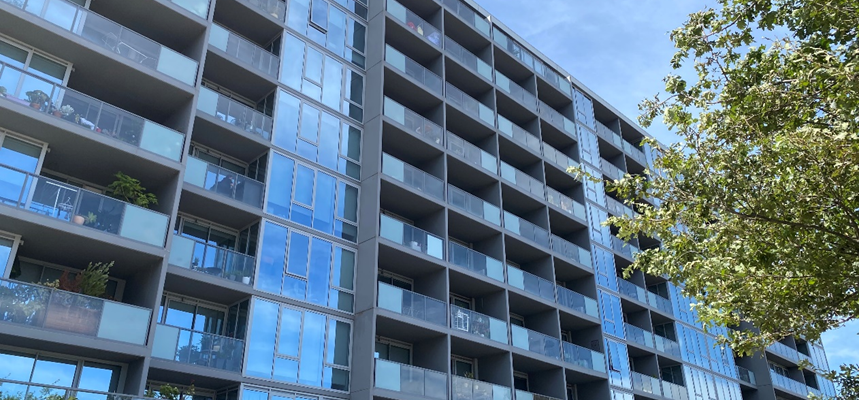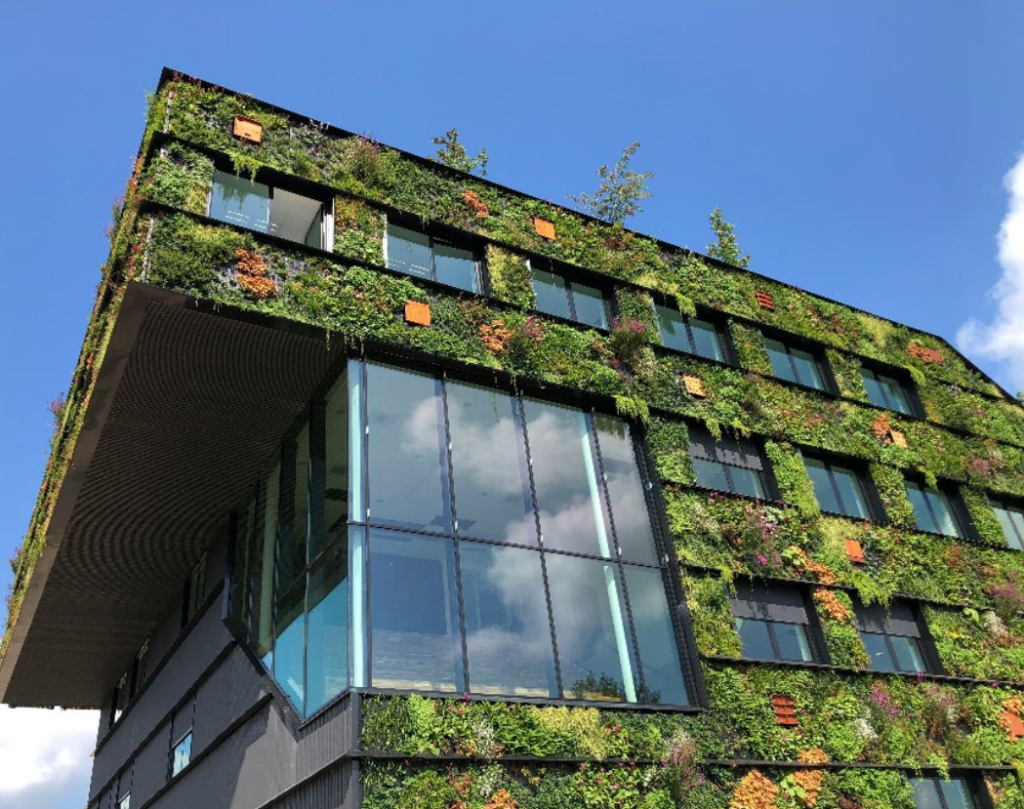City Know-hows

Target audience
Local Building Codes Boards and house-build standards agencies; building construction and maintenance industry; owners corporation; apartment residents; community public practitioners.
The problem
Studies have addressed housing problems more broadly rather than on apartments where the collective ownership structure can make the process of rectifying defects more challenging. There are widespread reports of construction defects in new apartment buildings in Australia and internationally. While anecdotal evidence exists about the stress that these defects cause, the mental health impacts of these specific building problems, such as cracking, internal water leaks, and faulty plumbing and electrical work, have not been examined.
What we did and why
Apartment buildings built between 2006 and 2016 were randomly selected from three Australia cities: Sydney, Melbourne and Perth. Buildings were sampled from areas of low, mid and relatively high disadvantage. Residents were invited to complete a survey that included questions on construction problems that impacted their apartment and their mental health. Associations between the count of defects and mental health was examined, using measures of mental wellbeing and risk of psychological distress
Our study’s contribution
Our study highlights a hidden consequence of the rapid growth in apartment buildings in Australia. For every additional defect reported, mental wellbeing reduced, and the risk of psychological distress increased. The association between defects and mental health may be aggravated by the bureaucratic obstacles faced by owner-occupiers and rental tenants when negotiating defect rectification work. Policy interventions are needed to minimise the incidence and severity of defects, while streamlining defect rectification processes.
Impacts for city policy and practice
Residents in apartments affected by defects must cope with the day-to-day consequences of them, combined with the potential stresses of seeking and negotiating remedial work. This could be aggravated by the communal ownership and management processes of multi-owned apartment buildings, which will directly impact owner-occupiers who are party to these often-protracted negotiations, but also impact the timeliness of repairs for rental tenants in these buildings.
Further information
The Centre for Urban Research. This is a hub for interdisciplinary urban research. Through its research, the Centre is responds to the globally important need to shape cities to be more environmentally, socially and economically sustainable.
Full research article:
Cracking up? Associations between building defects and mental health in new Australian apartment buildings by Sarah Foster, Paula Hooper and Hazel Easthope
Related posts

We completed a scoping literature review to determine how existing literature addresses regenerative design principles in the context of mixed-use buildings, and to determine what opportunities exist to advance the knowledge and implementation of regenerative design performance areas.

The world is currently responding to the climate crisis and the nature crisis as if they were separate challenges. This is a dangerous mistake. The are leading to dire impacts for our health

The ‘runnability of cities’ as a novel spatial planning approach can enhance healthier and more enabling environments for everyone.